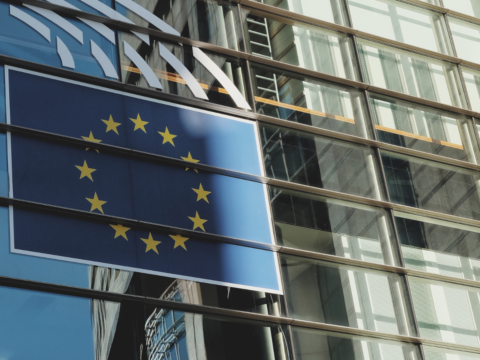The year 2020 was supposed to be a pivotal year for biodiversity, but the pandemic has decided otherwise, and it is in fall 2021 and in 2022 that public and private actors have an appointment with biodiversity: the IUCN World Conservation Congress was held in early September in Marseille, and the COP15, the 15th Conference of the Parties of the Convention on Biological Diversity, opens virtually this week and will close in Kunming (China) at the end of April 2022. The Aichi targets for 2010-2020 will be updated on this occasion, concluding the consultation process launched several years ago, as part of a “Global Biodiversity Framework”.
Biodiversity erosion is more worrying than ever, with the alarming announcements of the IPBES on the decline of biodiversity in the world and the links between the degradation of nature and the risk of pandemics. The urgency is to act. The planetary limit of biodiversity would already be exceeded.
Although the carbon footprint method and the assessment of emissions in tons of CO2 equivalent are now widespread among companies’ practices, its biodiversity parallel is just beginning to be established.
With this expert opinion, I Care aims to objectify the link between economic activities and biodiversity and to present the issues and means of a relevant evaluation of the impact on biodiversity, with YWCA #13: Biodiversity and companies: what assessment tools for action?
This expert opinion, written in October 2021 by Eliette Verdier, Juliette Bodez, and Célia Chamillard, is part of a series of publications called “Yes We Care About” that is published by I Care, and which can be found in the “Expert Opinions” section by clicking here.







